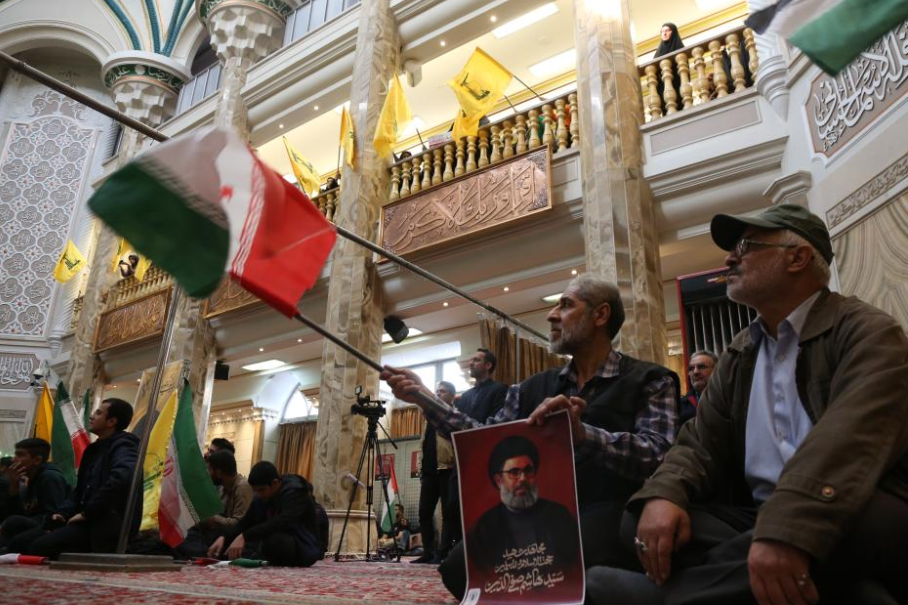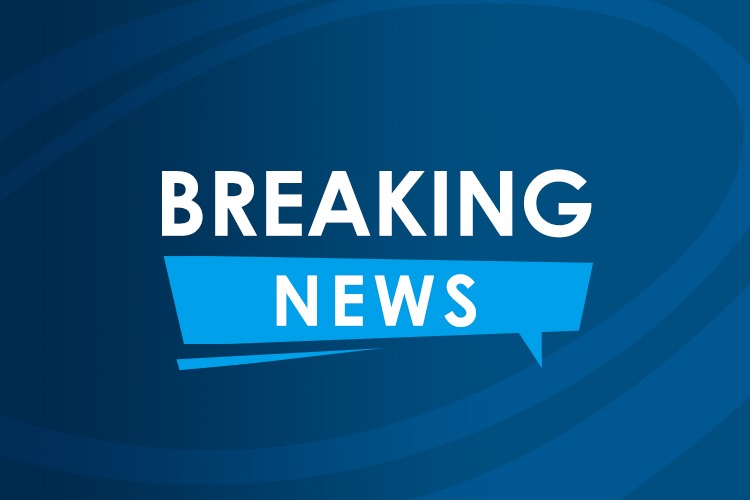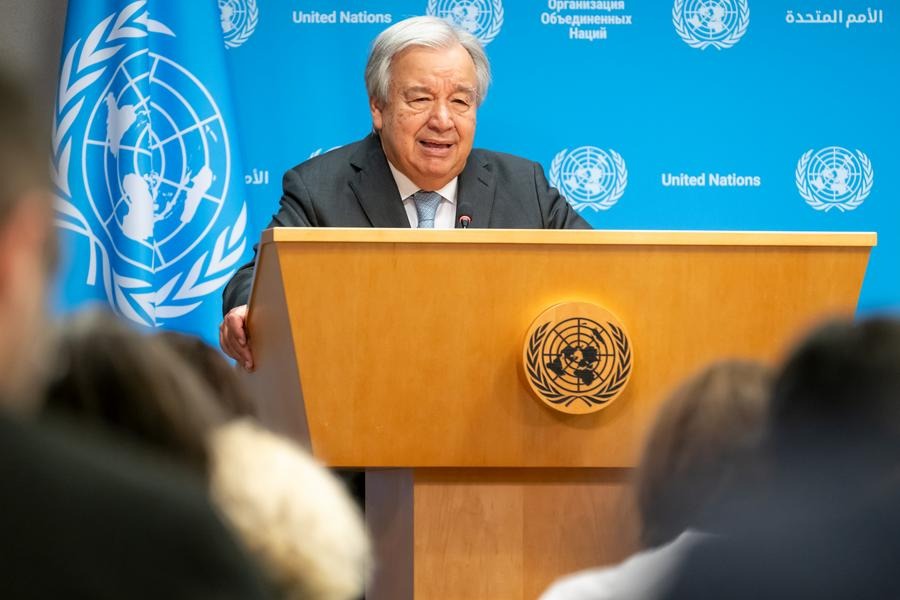Washington meeting eyes maintaining financial ties

The China-US Financial Working Group held its sixth meeting in Washington in October and exchanged views on the economic situation and financial policies — a move experts said sends a signal of maintaining consistent bilateral financial cooperation amid elevated uncertainties.
Financial regulators from both sides had "professional, pragmatic, candid and constructive discussions" during the meeting, said a statement by the People's Bank of China, the country's central bank.
The topics discussed covered macroeconomic and financial developments, monetary and financial policy, financial stability and regulation, capital markets, anti-money laundering and countering terror financing. They also exchanged views on how to strengthen cooperation in the supervision of cross-border financial services.
Liu Chunsheng, an associate professor at the Central University of Finance and Economics' School of International Trade and Economics, said the meeting shows that the world's two biggest economies are willing to maintain communication in financial matters even during a time of political uncertainties, thus sending a positive signal of jointly safeguarding global financial and economic stability.
The meeting was co-chaired by PBOC Deputy Governor Xuan Changneng and Brent Neiman, assistant secretary for international finance at the US Department of the Treasury, with relevant financial regulators participating. US Treasury Secretary Janet Yellen also met with the Chinese delegation.
At the meeting, the PBOC introduced the recent package of financial policies to support robust economic growth, including two new facilities supportive of the capital market.
In October, the central bank initiated operations of the two tools with an initial quota of 800 billion yuan ($112.3 billion) in total, providing loans to listed companies for share buybacks and shareholding increases while conducting a swap facility to help financial institutions mobilize their assets to gain financing for capital market investment.
Also reflecting the central bank's supportive stance, the PBOC said on Thursday that it conducted the first operations of a new tool — outright reserves repos — last month, injecting 500 billion yuan into the banking system.
Guo Lei, chief economist at GF Securities, said the outright reserves repos will provide the PBOC more scope for both managing market interest rates and conducting the swap facility that channels funds to the capital market.
Following recent policy adjustments, data from media group Caixin showed on Friday that the purchasing managers index for the manufacturing sector rose to 50.3 in October, up from 49.3 in September, rising past the 50 mark that separates expansion from contraction. The uptick, along with the official manufacturing PMI also returning back to expansionary territory last month, has pointed to growing momentum in the Chinese economy.
With China at a key juncture of economic policy adjustments, Liu said that China's efforts to strengthen communication with the US regarding its financial policy dynamics will help correct any misunderstanding of China's policy intentions and promote better financial policy coordination.
"It deserves attention whether the two sides will take concrete actions going forward to strengthen cooperation in the areas of mutual interest," he added.
The Chinese side also raised issues of concern with the US side during the meeting.
In a separate meeting of the two countries' economic working group last week, China expressed concerns about tariff hikes imposed by the US and Russia-related sanctions, China's Ministry of Finance said.
zhoulanxv@chinadaily.com.cn

































